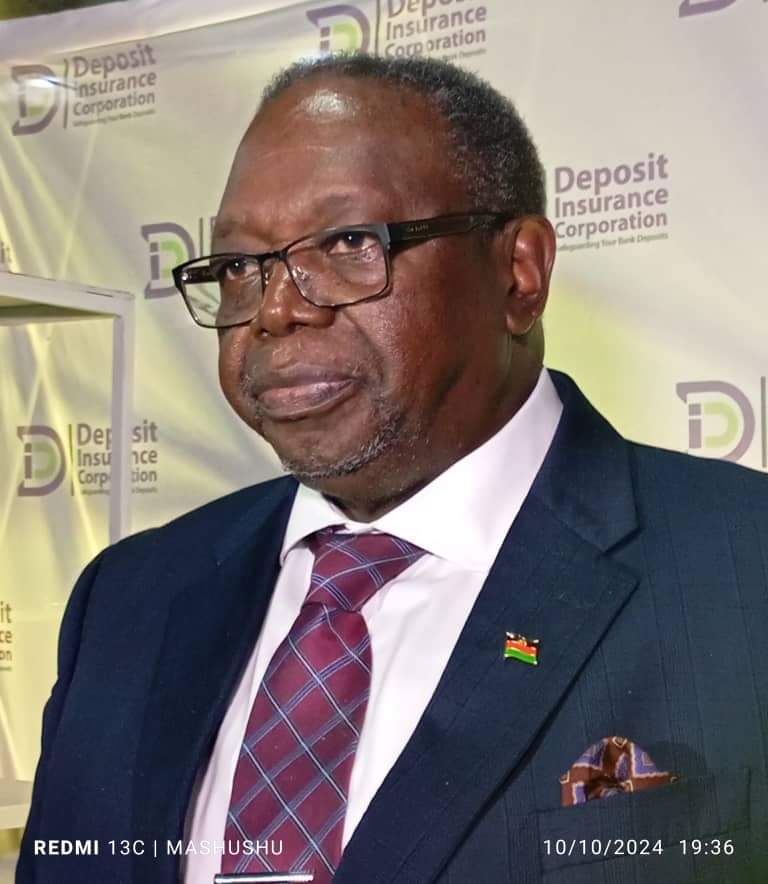Just Five Countries Are Responsible for Half of Africa’s GDP
Africa’s GDP stands at $2.8 trillion in 2024, the combined economic output of 1.4 billion people. But not all of that productivity is distributed equally.
This map highlights the five countries whose combined economic output equals that of the rest of the continent. Data is sourced from the International Monetary Fund, last updated April 2024. Figures for Western Sahara and Eritrea have not been included due to unavailability.
Dividing Africa in Two Economic Halves
The Big Five African economies—South Africa, Egypt, Algeria, Nigeria, and Ethiopia—have a combined GDP of $1.4 trillion. This bloc consists of 569 million people, or 44% of the continent’s population.
| GDP Rank | African Country | GDP (2024, Billions) | Population (2023) |
|---|---|---|---|
| 1 |  South Africa South Africa | $373.23 | 60.4M |
| 2 |  Egypt Egypt | $347.59 | 112.7M |
| 3 |  Algeria Algeria | $266.78 | 45.6M |
| 4 |  Nigeria Nigeria | $252.74 | 223.8M |
| 5 |  Ethiopia Ethiopia | $205.13 | 126.5M |
| N/A |  Big 5 Economies Big 5 Economies | $1,445 | 569M |
Note: Figures rounded. Population data sourced from the World Bank.
Meanwhile, the rest of Africa, 48 countries in total, also has a combined GDP of $1.4 trillion.Search:
| GDP Rank | African Country | 2024 GDP (Billions) | 2023 Population |
|---|---|---|---|
| 6 |  Morocco Morocco | $152.38 | 37.5M |
| 7 |  Kenya Kenya | $104.00 | 55.1M |
| 8 |  Angola Angola | $92.12 | 36.7M |
| 9 |  Côte d’Ivoire Côte d’Ivoire | $86.91 | 28.9M |
| 10 |  Tanzania Tanzania | $79.61 | 67.4M |
| 11 |  Ghana Ghana | $75.24 | 34.1M |
| 12 |  DRC DRC | $73.76 | 102.2M |
| 13 |  Uganda Uganda | $56.31 | 48.6M |
| 14 |  Tunisia Tunisia | $54.71 | 12.5M |
| 15 |  Cameroon Cameroon | $53.21 | 28.6M |
| 16 |  Libya Libya | $48.22 | 6.8M |
| 17 |  Senegal Senegal | $35.45 | 17.7M |
| N/A |  Rest of Africa Rest of Africa | $1,372 | 886M |
Showing 1 to 12 of 48 entries
Note: Figures rounded. Population data sourced from World Bank.
Of course, the Big Five differ economically from one another. South Africa’s financial and manufacturing sectors are robust, with its mining industry—focused on platinum group metals, gold, and chromium—contributing 8% to GDP.
Egypt benefits from its strategic control of the Suez Canal, generating significant revenue from this vital trade route. Tourism, driven by Egypt’s rich history and culture, also plays a major role in its economy.
Nigeria and Algeria both depend on the energy sector, though their focus varies. Algeria primarily exports natural gas, while Nigeria is a major crude oil exporter.
In contrast, Ethiopia relies heavily on agriculture, with coffee serving as a key economic and export driver.
Interested in another dramatic map from a different part of the world? Check out Germany’s Economy Equals All These Countries Combined to see how the European economic juggernaut stacks up against the rest of the continent




